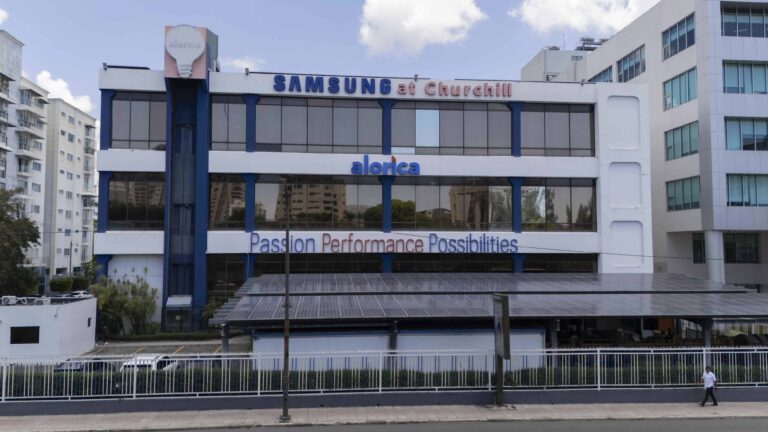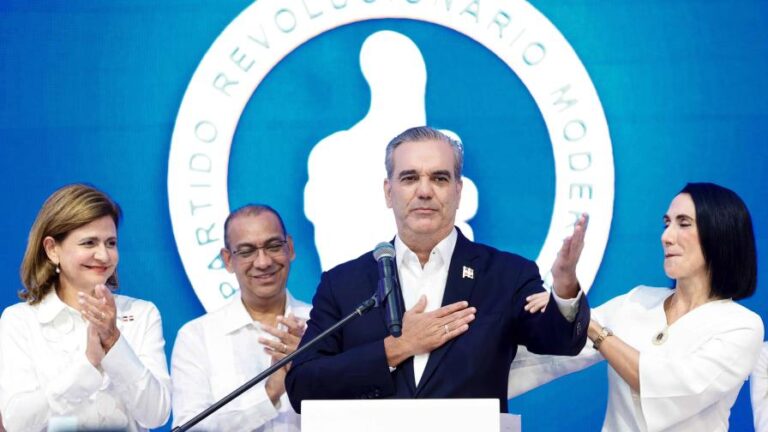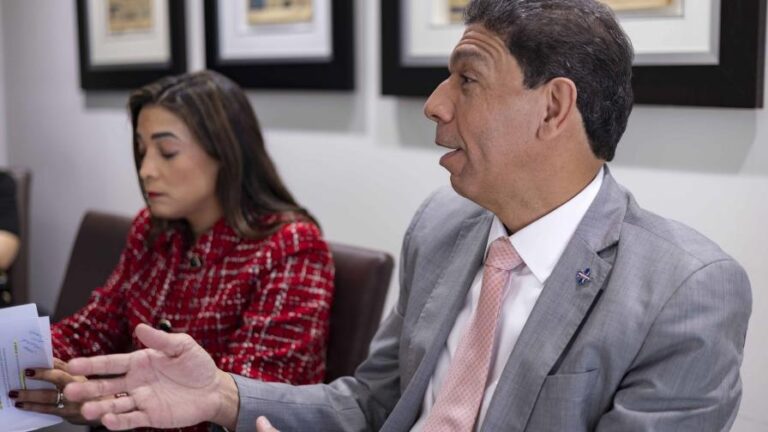La Ley No. 158-01, sobre Fomento al Desarrollo Turístico, establece diversos incentivos para inversiones en el sector turismo, tales como la exención al impuesto sobre la renta e impuesto sobre la propiedad inmobiliaria, ambos por quince (15) años; exención a los impuestos de importación que fueren aplicables sobre máquinas, equipos, materiales y bienes muebles para la construcción, primer equipamiento y puesta en operación de la instalación turística; exención al impuesto por transferencia sobre derechos inmobiliarios, entre otros.
La citada ley ha sufrido varias modificaciones desde su promulgación en el 2001, siendo la última en el 2013, mediante la cual por primera vez se favorece con incentivos a instalaciones hoteleras existentes que se sometan a un proceso de renovación y remodelación. Cabe señalar que la ley en su versión original solo favorecía a nuevos proyectos -en el afán de atraer nuevas inversiones al sector-, lo que significa que en el 2013 el legislador identificó la necesidad de modernizar infraestructuras hoteleras existentes, en aras de poder competir con las nuevas inversiones de la industria.
En el caso de la remodelación, la regulación vigente establece los siguientes requisitos: (i) solo aplica para instalaciones hoteleras, resorts y/o complejos hoteleros; (ii) las estructuras existentes deben tener un mínimo de quince (15) años de construidas; (iii) deben someterse a un proceso de reconstrucción o remodelación que sobrepase el cincuenta por ciento (50%) de sus instalaciones; y (iv) la remodelación deberá realizarse fundamentalmente en las siguientes dependencias del hotel, resort o complejo hotelero: bloques de habitaciones, áreas comunes del hotel (restaurantes, lobby, tiendas, spa, bares, salones de convenciones, etc.), áreas de servicio (cocinas, lavandería, oficinas, etc.) y cualquier otra facilidad techada del hotel. De cumplirse con lo anterior, la instalación hotelera aplica para beneficiarse del cien por ciento (100%) del régimen de exención de la ley.
Ahora bien, lo que la ley no planteó, como tampoco se esclareció en su Reglamento de Aplicación, ni en su normativa complementaria, es si estos incentivos aplicarán para los primeros hoteles que se acogieron a la Ley No. 158-01 en el 2001 y cuyas clasificaciones están por vencerse.
Habrá quienes afirmen que el propósito del legislador al incluir los incentivos por remodelación en el 2013 fue beneficiar a los hoteles de Puerto Plata, que se habían favorecido de la Ley de Promoción e Incentivo del Desarrollo Turístico No. 153 del 1971, muchos de los cuales requieren de una urgente remodelación. Siguiendo la corriente anterior, otros afirmarán que el hecho de que hoteles que se han beneficiado con los incentivos de la ley por un período de quince (15) años, tengan ahora la posibilidad de remodelar su planta hotelera con la intención de volver a optar por otros quince (15) años de exención fiscal, puede entrar, incluso, en contradicción con el espíritu mismo de la ley, que es otorgar incentivos a manera de estímulo a personas físicas o morales que desarrollen nuevos proyectos y actividades turísticas.
Lo que está claro es que el legislador no prohibió el otorgamiento de los incentivos a hoteles que, habiéndose vencido el período de exención de quince (15) años, se sometan a un proceso de remodelación, de manera tal que la inexistencia de dicha prohibición admite acogerse al principio jurídico “lo que no está prohibido, está permitido”. De igual forma, se evidencia la intención que tiene el legislador de que se logre una verdadera renovación de la planta hotelera, cuando se refiere a que la remodelación debe llevarse a cabo en más del cincuenta por ciento (50%) de las instalaciones techadas del hotel.
En definitiva, el objeto de la ley es impulsar al sector turismo con lo cual se fomenta la creación de empleos y la generación de divisas, razón por la que se debe interpretar lo antes esbozado como una gran oportunidad que permitirá a instalaciones hoteleras existentes renovarse, teniendo como finalidad el continuo desarrollo y crecimiento que exige el competitivo mercado de hoy.
Fuente: Revista Preferente, edición especial DATE 2017[:en]
The Tourism Development Law No. 158-01 sets out a series of incentives for the tourism sector, such as exemption for income tax and property tax, both for 15 years; exemption from any import tax applicable to machinery, equipment, materials and furnishings destined for the construction, first fitting and commissioning of tourism facilities; exemption from transfer tax on real estate, among others.
The abovementioned law has undergone several modifications since its enactment in 2001, the last one being in 2013, with the introduction of incentives for existing hotel facilities that undergo renovations and refurbishing. It is worth noting that the original version of the law only favored new projects – in an effort to attract new investments to the sector – meaning that, in 2013, lawmakers identified the need to update existing hotel infrastructures so as to be able to compete with the industry´s new investments.
Regarding renovations, current regulations stipulate the following requirements: (i) it only applies to hotels, resorts and/or hotel complexes; (ii) existing structures must be at least fifteen (15) years old; (iii) reconstruction or refurbishing must involve more than fifty percent (50%) of the facilities; and (iv) renovations must be carried out fundamentally on the following elements of the hotel, resort or hotel complex: blocks of rooms, common areas of the hotel (restaurants, lobby, shops, spa, bars, conference halls, etc.), service areas (kitchen, laundry, offices, etc.) and any other roofed facility in the hotel. If the hotel matches these requirements then it qualifies to avail of the entire (100%) tax exemption scheme under this law.
However, what the law did not envisage, nor was it clarified in its Application Regulations or in its complementary regulations, is whether these incentives will apply to the first hotels that availed of Law No. 158-01 in 2001 and whose clearances are coming to an end.
There will be those who claim that the legislator’s intention to include incentives for remodeling in 2013 was to benefit Puerto Plata hotels, which had already benefited from the Promotion and Incentive for Tourism Development Act No. 153 of 1971, many of which now require urgent remodeling. In the light of the above, others will argue that the fact that hotels that have benefited from the incentives of the law for a period of fifteen (15) years now have a chance of remodeling their hotel facilities with the intention of opting for yet another fifteen (15) years of tax exemptions may even contradict the spirit of the law, which is to provide incentives to encourage individuals or companies to develop new tourism projects and activities.
What is clear is that the legislator did not veto granting incentives to hotels that undergo remodeling after the fifteen (15) years exemption period has expired, in such a way that the absence of such a ban allows one to adopt the legal principle «what is not banned, is permitted». Likewise, the legislator´s intention to see a real renovation of the hotel industry is evident when he says that renovations must be carried out in more than fifty percent (50%) of the roofed facilities of the hotel.
In short, the purpose of the law is to boost the tourism industry, which encourages the creation of jobs and the generation of foreign currency, which is why we must interpret the foregoing as a great opportunity that will allow existing hotel facilities to be updated, aiming at the continuous development and growth required by today’s competitive market.
Source: Preferente magazine, special edition DATE 2017[:]





